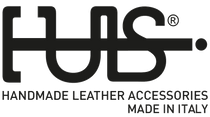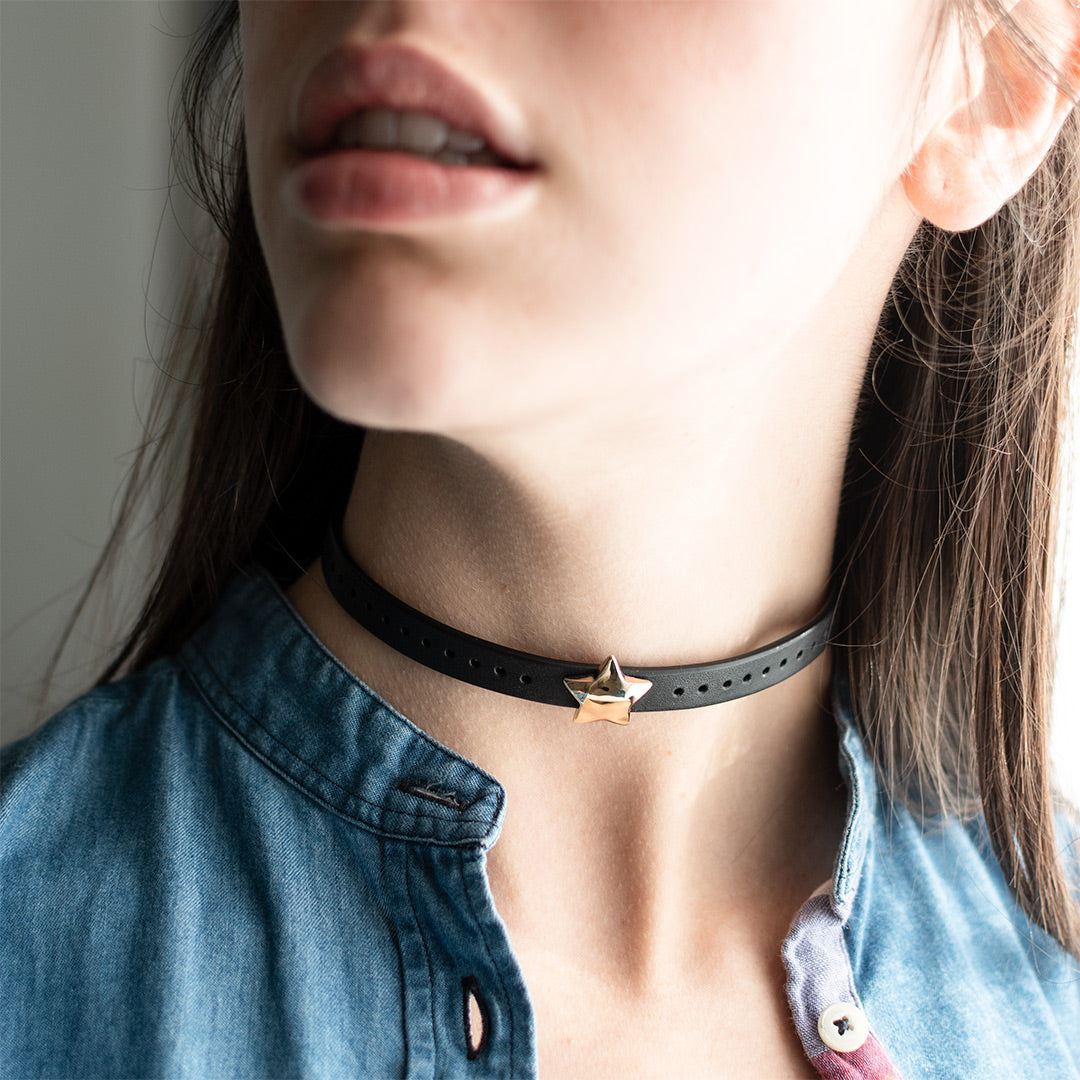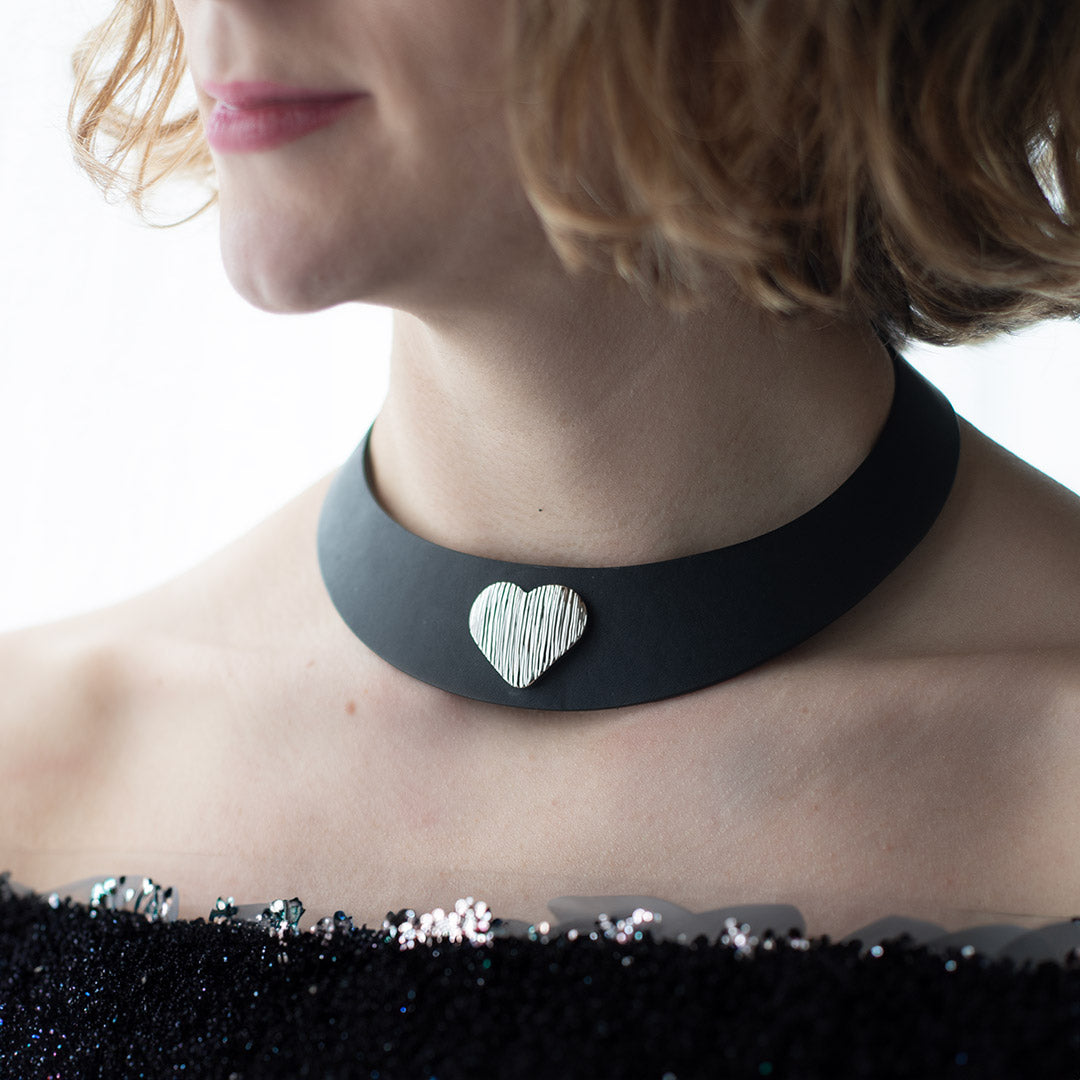
After the first appointment of this column, today we will try to tell another aspect of our company.
If in the last article we told the story and tradition of the Genuine Italian Vegetable Tanned Leather that we use to create our products, today we want to talk about a more general topic that affects us directly: the "Made in Italy".
What is "Made in Italy"?

Without going into overly technical definitions, "Made in Italy" is the denomination that a good of any kind takes when it is entirely produced in Italy.
"Entirely produced in Italy" does not mean that the object undergoes a marginal "finishing" treatment, as happens for most companies with production outsourced abroad.
"Entirely produced in Italy" means that the entire production process of the object and of all the components that are part of it come from and are completely processed in our country .
This feature, protected both by various Italian laws and by some European laws, provides companies and the final consumer with guarantee and security when purchasing a product that boasts the "Made in Italy" brand .

Another question arises spontaneously: once the technical aspects have been outlined, what is "Made in Italy" really? What are the tangible effects of a certified product compared to one imported or made abroad?
For Tulsi "Made in Italy" can be summarized with three keywords: Capital, Ethics, Traceability.
Capital: buying objects entirely produced in Italy allows those who do business to continue investing resources in the country, guaranteeing, on the one hand, the payment of taxes and fees owed to the state and, on the other, the livelihood of all those small and large companies involved in the processing of the good.
Ethics: as a company we choose every day to buy our raw materials only in Italy, as well as to support the growth of our country's GDP (Gross Domestic Product), to prevent and combat all forms of unpaid work, supporting the ethics which is the basis of our vision of work and business.
Traceability: The Consortium "Vera Pelle Italiana Conciata al Vegetale" is the starting point of all our production. Entrusting ourselves to a body such as the consortium has allowed our company not to have to compromise. Equally guaranteeing the excellence of the raw materials from the Tuscan tradition of barrel-tanned leather, a process capable of respecting the environment without using harmful substances. Vegetable tanned leather is our choice and is a meeting point for issues that we take seriously: such as craftsmanship and the environment, which are the basis of our business idea.

For Tulsi, "Made in Italy" is not only synonymous with quality, but synonymous with culture and tradition. Being "Made in Italy" guarantees the products a considerable competitive advantage compared to a globalized market.
The choice of whether or not to support our country's products is only in the hands of the consumer, which side are you on?




































































































